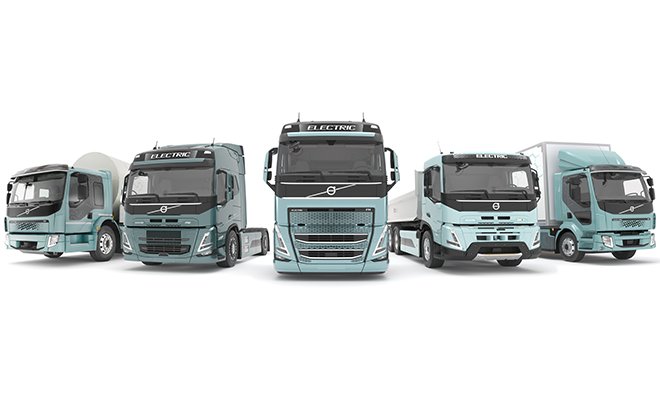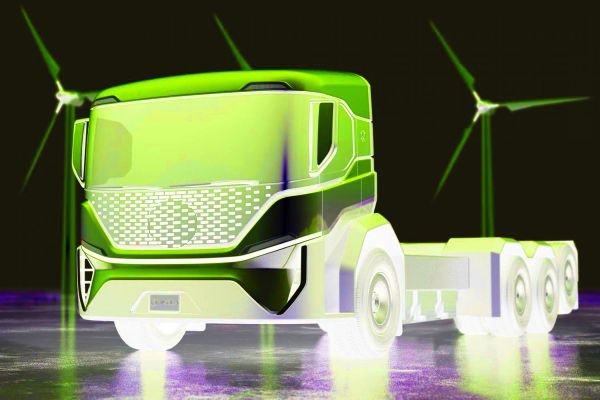To meet the EU’s climate ambitions, heavy-duty vehicles (HDVs) must be decarbonized and most conventional trucks and buses must be phased out by 2035. This is a once-in-a-decade chance to put HDVs on a path toward Green Deal compliance.

There is growing consensus among European truck manufacturers and industry stakeholders that battery electric trucks will play a significant role in decarbonizing the road freight sector, especially long-haul transport.
With trucks being a frequently used capital asset, the benefit of battery electric vehicles in terms of cheaper fuel and maintenance costs improves as the mileage increases, making them especially competitive for long-haul transport.

Ambitious CO2 regulations in the next revision may help truck manufacturers ramp up production of zero-emission vehicles (ZEV) and logistics organisations convert to zero-emission fleets.
ZEVs are the only existing technology capable of rapidly reducing emissions, decarbonizing the HDV industry over time, and addressing hazardous air pollution.

A CO2 reduction goal of 100 percent for all HDVs except vocational vehicles by 2035 is essential to completely replace the historical fleet by 2050, since most trucks spend more than 15 years on the road.
Such a goal for 2035 is technically and economically realistic, especially for long-haul vehicles.
Reference- Based on an Article in Transport & Environment, Clean-Technica, EV Obsession






